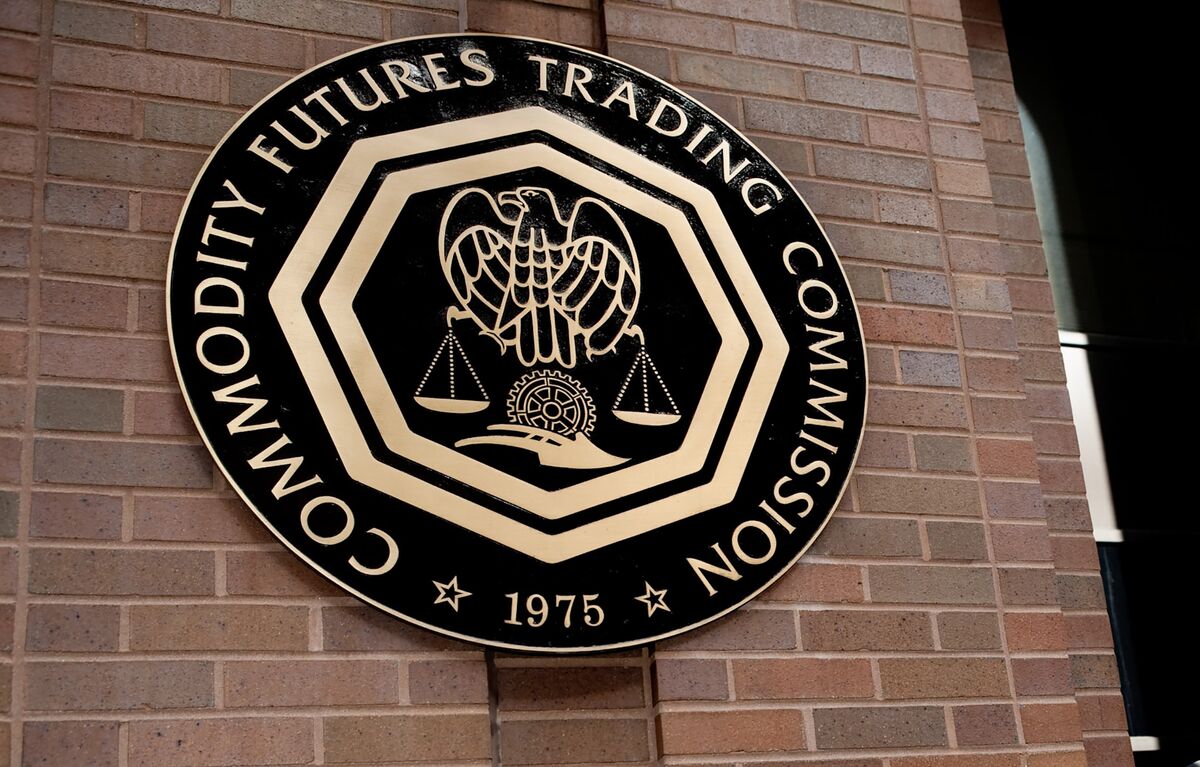The US Commodity Futures Trading Commission (CFTC) has recently announced sanctions against three decentralized finance (DeFi) firms over allegations of illegal trading of crypto asset derivatives.
CFTC named Opyn Inc., ZeroEx Inc., and Deridex Inc. on Thursday, September 7, for violating agency rules and allowing illegal trading of digital asset derivatives by US customers without registering on the platform. As a result, CFTC imposed civil penalties of $250,000, $200,000, and $100,000 on these firms respectively and issued cease and desist orders.
Preventive Action from CFTC
This development came as the US CFTC initiated a series of actions on Thursday aimed at addressing the evolving crypto space. Firstly, it proposed a regulatory time-based pilot program for crypto. It also resolved the largest forex fraud involving Bitcoin in market history. Crypto Traders Are Rushing to This App – Here’s Why You Should Too
The US government is intensifying its scrutiny and examination of decentralized finance, commonly known as DeFi, in the sector. These platforms enable users to engage in crypto asset trading, borrowing, and lending without the need for intermediaries.
In recent months, government agencies have issued regulations, imposed sanctions, and taken enforcement actions indicating increased oversight and examination of DeFi participants. Ian McGinley, CFTC’s executive director, said the following about the recent development:
DeFi operators somewhere along the line got the idea that illegal transactions become legal when facilitated by smart contracts. But that’s not the case.
CFTC Prevails Against DeFi Fraud
Recently, the US CFTC achieved a victory against Ooki DAO, a decentralized autonomous organization. It was alleged that the DAO operated an illegal trading platform and violated other agency rules. In June, a federal judge ordered the shutdown of DAO and imposed a penalty of over $600,000.
However, not all members of CFTC agreed with the agency’s decision on Thursday. Republican Commissioner Summer Mersinger stated that CFTC should focus on providing clear rules for DeFi instead of prioritizing enforcement. Mersinger also added:
I am concerned that with these cases, we are taking another step towards filing enforcement actions instead of engaging with the public.


 Türkçe
Türkçe Español
Español










